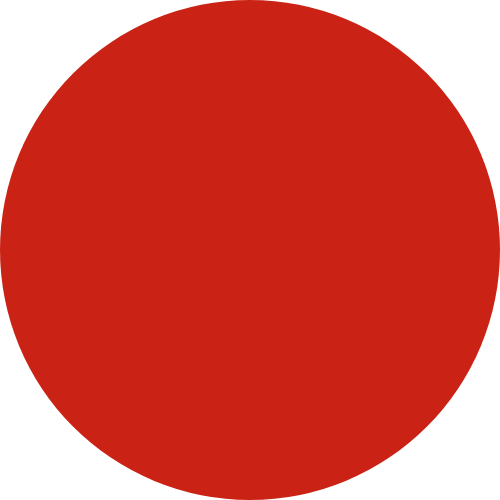This PhD investigates co-creative practices in participatory storytelling. I compare two transmedia productions – one commercial, one non-profit – that experiment with co-creative story development. One of the projects is a commercial TV production that engages a group of 30 skilled fans during production. First, these game designers, artists and storytellers re-enacted the back-story of the crime series in a three-day living drama. In a second step, together with the series’ transmedia production team, they develop games and challenges for a wider audience. The other project is an online/offline experiment among fifth-graders and fifty skilled collaborators from eight different countries, who jointly create a loosely framed emergent narrative. My interest lies in what facilitates and constrains collective storytelling whilst employing various media technologies. By filtering motivation, priorities, ideology, organization, context and skills among participants, I theorize on compatibility of media practices, facilitation of co-creative processes and incorporation of playful learning.
My fieldwork lends itself to i) to observe story development and compare if production techniques complement or exclude each other, ii) to derive how technological potential is tapped to enable co-creative productivity, iii) to track aspects of play and learning in collective storytelling. My data enable further theory building on the use of interactive and mobile technologies with respect to embodied performance. Findings will contribute towards theorizing transmedia practices within the field of media anthropology. Understanding co-creation among creative teams and their participating fans is pivotal for appropriating and developing emerging networked ecologies.
Conceptually I’m particularly inspired by Bernard Stiegler’s philosophy of technics as constituents of consciousness, Quentin Meillassoux’s notions on contingency and dynamics within a speculative materialism framework, Gilles Deleuze’s thinking about complexity and the philosophy of becoming, Judith Butler’s commentary on breaks of iterability as seats of difference and learning, Scott Lash’s discussion of people’s ontological relationship towards global culture industry, and Georgina Brown’s remarks on blurring lines of art and cultural production. In this framework, I intend to fill a gap that’s left by meta-level classifications that circle around the term ‘transmedia storytelling’. Thus, my research does not draw on concepts but on people’s practices.
